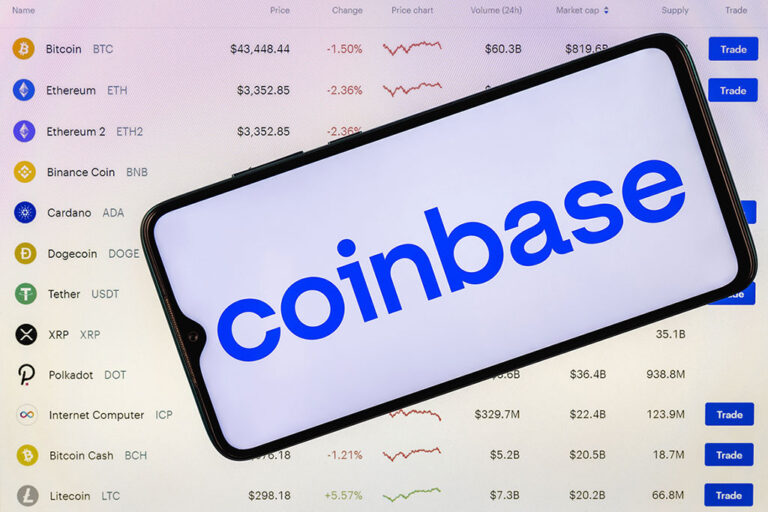Coinbase has showcased the extent of FDIC involvement in Operation Chokepoint 2.0.
The cryptocurrency community is back to discussing Operation Chokepoint 2.0 after Coinbase Global Inc (NASDAQ: COIN) obtained hard evidence against United States regulators. The Federal Deposit Insurance Corp. (FDIC) sent letters to several banks in 2022, requesting that they withhold their services from crypto firms.
Coinbase Obtain Redacted Documents From FDIC
Coinbase discovered this evidence through research firm History Associates Inc. As reported by Coinspeaker, the firm took both the FDIC and the Gary Gensler-led Securities and Exchange Commission (SEC) to court earlier this year. This move provided access to some of FDIC’s internal communication.
Though the documents were heavily redacted, it was hard to hide the fact that banking regulators slammed the door on crypto firms. In one of the 23 letters to US banks, the FDIC “respectfully ask that you pause all crypto asset-related activity.”
“The FDIC will notify all FDIC-supervised banks at a later date when a determination has been made on the supervisory expectations for engaging in crypto asset-related activity.”
According to Coinbase CLO Paul Grewal, these letters are only a fraction of the documents in the FDIC’s custody. He mentioned that these letters are hard evidence pointing to the regulator’s strong effort to ward off the crypto industry from engaging with the banking sector. Judging by the letters, he hardly perceives the move as a conspiracy theory.
Re: the letters that show Operation Chokepoint 2.0 wasn't just some crypto conspiracy theory. @FDICgov is still hiding behind way overbroad redactions. And they still haven't produced more than a fraction of them. But we finally got the pause letters: https://t.co/Me41BXpbdF…
— paulgrewal.eth (@iampaulgrewal) December 6, 2024
Grewal does not regard the stance of the FDIC or the SEC as rank speculation or the “musings of a paranoid industry.” Instead, he sees it as a concerted plan on the part of the FDIC. In addition to the blacked-out information, most financial institutions’ names were equally redacted.
US Regulators Fails to Provide Clarity on Crypto Regulations
Based on the evidence, there was no way bankers could have received approval from the FDIC for crypto activities.
They were required to provide information on how they would meet compliance demands, and at the time, this remained unclear.
At one point, Coinbase discovered some of these activities were disrupted even before they commenced. In other cases, the agency cautioned some banks against further expansion. It even asked a bank to put a hold on a line of business pending when it could finish reviewing the firm’s request.
One typical instance was when the FDIC wrote to a bank, saying, “We expect you to satisfactorily address these and any subsequent questions (in advance of implementation) to ensure the bank of operating in a safe and sound manner.”
There were also some highly complex and demanding questions posed to these banks. It is worth noting that these letters also revealed the regulator’s shortcomings. They showed that the agency was still determining the regulatory filings required before approving the crypto business.
As of now, the three primary banking regulators in the US, including the Federal Reserve Office of the Comptroller of the Currency, and FDIC have yet to issue any formal set of rules to regulate the crypto sector.
Coinbase CLO says the next step is for the federal court to ask that the documents be cleared of every redaction to further the ongoing investigation.
next